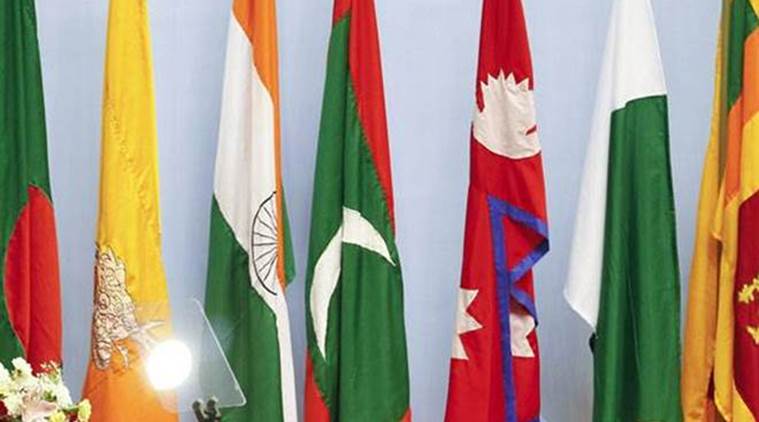by Pratyasha Rath
 Indian social media is currently witnessing a catharsis, a release of long pent up frustration, humiliation and degradation faced by women. Friends, colleagues and mentors in newsrooms, classrooms, comedy circuits, movie sets are the ones who are being accused of violating consent and of brazening out sexual harassment. And the most glaring part of the accusations is the fact that most of these men are experts in performing their feminism in public spaces. They know the words to be spoken, they know the exact amount of rightful anger, which would posit them as allies, and they know the global social justice jargon and perform their sensitivity at every opportune situation. But while saying, “I hear you” in public, they do quite something opposite in private. Like one of the accused quite stoically commented, how can one who calls out the misogyny in others, be a misogynist himself!
Indian social media is currently witnessing a catharsis, a release of long pent up frustration, humiliation and degradation faced by women. Friends, colleagues and mentors in newsrooms, classrooms, comedy circuits, movie sets are the ones who are being accused of violating consent and of brazening out sexual harassment. And the most glaring part of the accusations is the fact that most of these men are experts in performing their feminism in public spaces. They know the words to be spoken, they know the exact amount of rightful anger, which would posit them as allies, and they know the global social justice jargon and perform their sensitivity at every opportune situation. But while saying, “I hear you” in public, they do quite something opposite in private. Like one of the accused quite stoically commented, how can one who calls out the misogyny in others, be a misogynist himself!














/arc-anglerfish-arc2-prod-mco.s3.amazonaws.com/public/SD6JGNN72JB7NIHNZNJMTOIT6E.jpg)